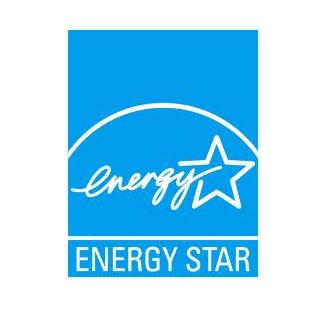
Greentech Lead America: Energy Points, a provider of
total energy ERP, has partnered with ENERGY STAR, benchmarking the efficiency
of all resources (water, waste, natural gas, etc.) along with electricity for
more intuitive and insightful resource management decisions.
Energy Points will offer ENERGY STAR’s energy performance
scores in conjunction with its own energy resource sustainability scoring that
accounts for regional impact of energy generation, scarcity of local resources
(water) and other critical sustainability indicators.
The U.S. Environmental Protection Agency’s (EPA) ENERGY
STAR program provides an innovative energy performance rating scale for
businesses to measure current building energy performance and reduce
consumption through goal setting, savings tracking and recognition of superior
performance.
With the addition of Energy Points, businesses will now
be able to factor in the regional impact of how their energy is being
generated, while accounting for renewable energy use in their broader energy
efficiency scores. For the first time, commercial building owners and operators
will also be able to account for the efficiency of all resources, including
water and waste.
Ory Zik, founder and CEO of Energy Points, said, “The
partnership with ENERGY STAR will provide businesses with the actionable
information needed to make informed energy management decisions that balance
the needs of the business with the environment.”
Using the EPA’s ENERGY STAR program, facility owners and
managers enter historical billing data and building details and receive a score
between 1 and 100 that indicates the relative energy efficiency of that building.
For example, a score of 85 indicates that a particular building is operating
more efficiently than 85 percent of its peers, while a score of 25 indicates
there is room for improvement.
Energy Points adds insight to the ENERGY STAR score by
helping owners/managers understand the relative efficiency of all resources and
regional pricing. Using electricity as an example, an Energy Points efficiency
score of 85 indicates that production in a specific location is more efficient,
sustainable and risk averse than 85 percent of other regions, while a score of
25 results from inefficient, unsustainable and risk-prone fuel sources such as
coal. Scores for regional electricity prices are also available.
Combining the scoring systems, building owners can
optimize the performance of efficiency projects by focusing their efforts on
the buildings that are least efficient and are located in regions where
electricity generation is unsustainable and expensive. Energy Points extends
this sustainability scoring to account for all resources.
Through Energy Points, businesses will now be able to
profile energy resource risk management, make intuitive environmental project
decisions, and compare energy resources across domains.
